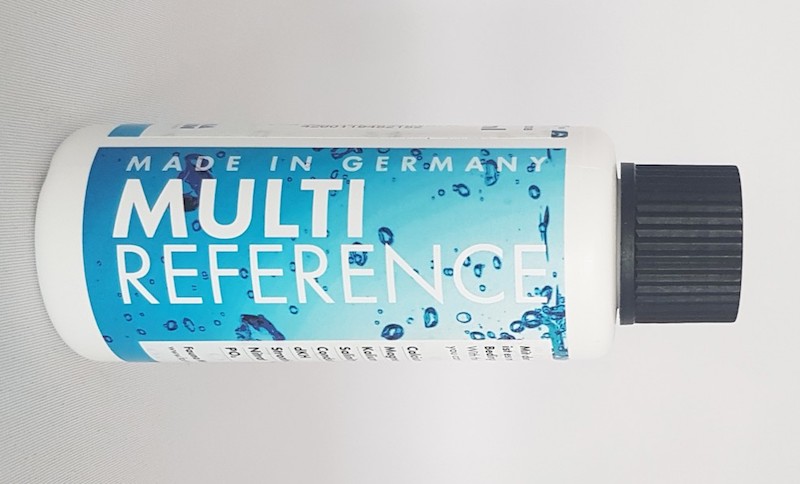My tank has been up for 7 years and I 've never needed to dose Mg. My question is why? Some specifics:
1) 70 Gallon mixed reef tank (total system has 70 gallons of water, when including sump).
2) Dosing BRS 2 part 55ml soda ash and 55ml calcium chloride each day.
3) 12 gallon water change every other week (I/O Reef Crystals)
4) Alk 8.3
5) Cal 455
6) Substrate Carib Sea live sand.
7) Mg 1750 ppm (Tested via Hanna and Salifert). And always that high.
8) 120 lbs of live rock.
Is the salt mix providing to much Mg? Seems odd if I still need to dose 55ml of 2 part daily?
1) 70 Gallon mixed reef tank (total system has 70 gallons of water, when including sump).
2) Dosing BRS 2 part 55ml soda ash and 55ml calcium chloride each day.
3) 12 gallon water change every other week (I/O Reef Crystals)
4) Alk 8.3
5) Cal 455
6) Substrate Carib Sea live sand.
7) Mg 1750 ppm (Tested via Hanna and Salifert). And always that high.
8) 120 lbs of live rock.
Is the salt mix providing to much Mg? Seems odd if I still need to dose 55ml of 2 part daily?
Last edited:



















